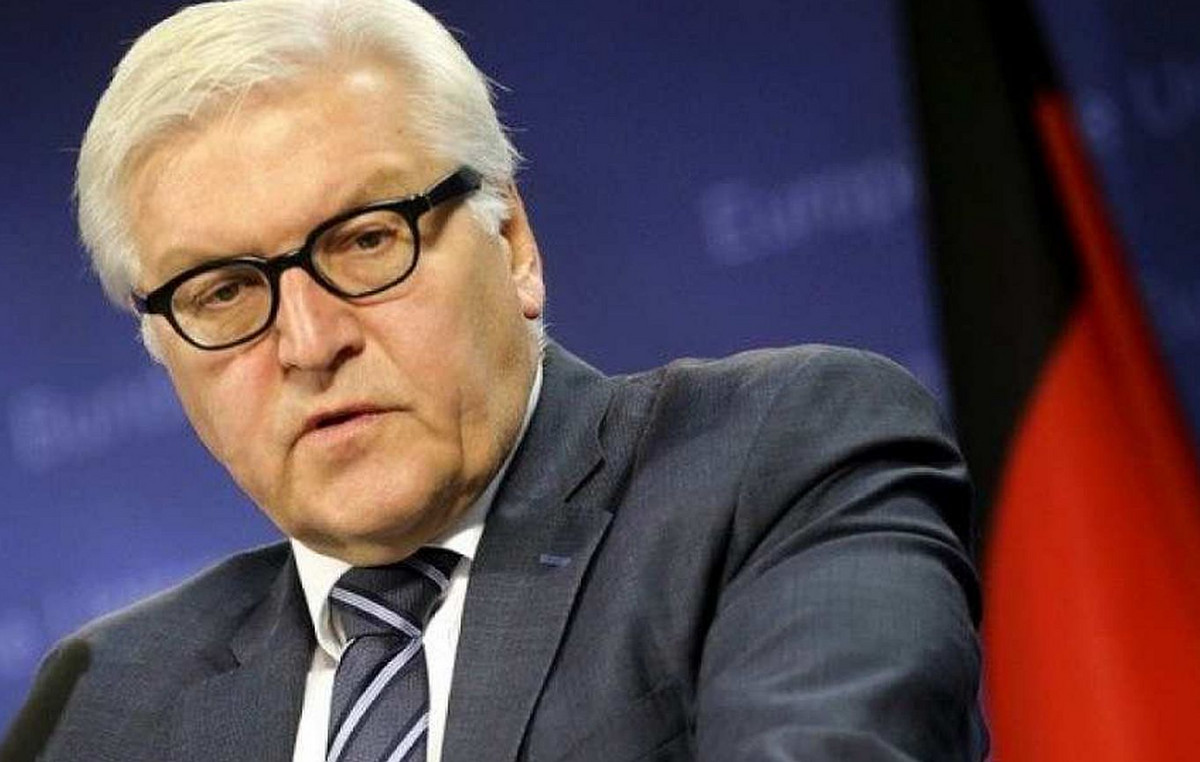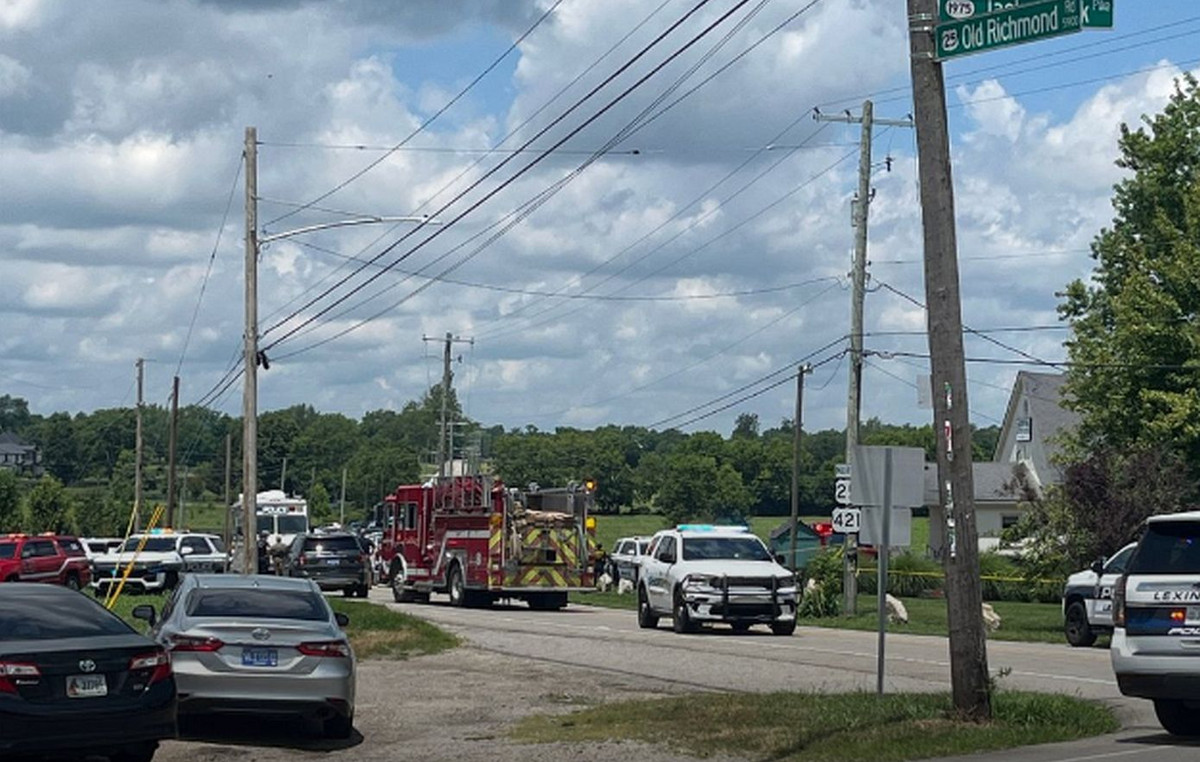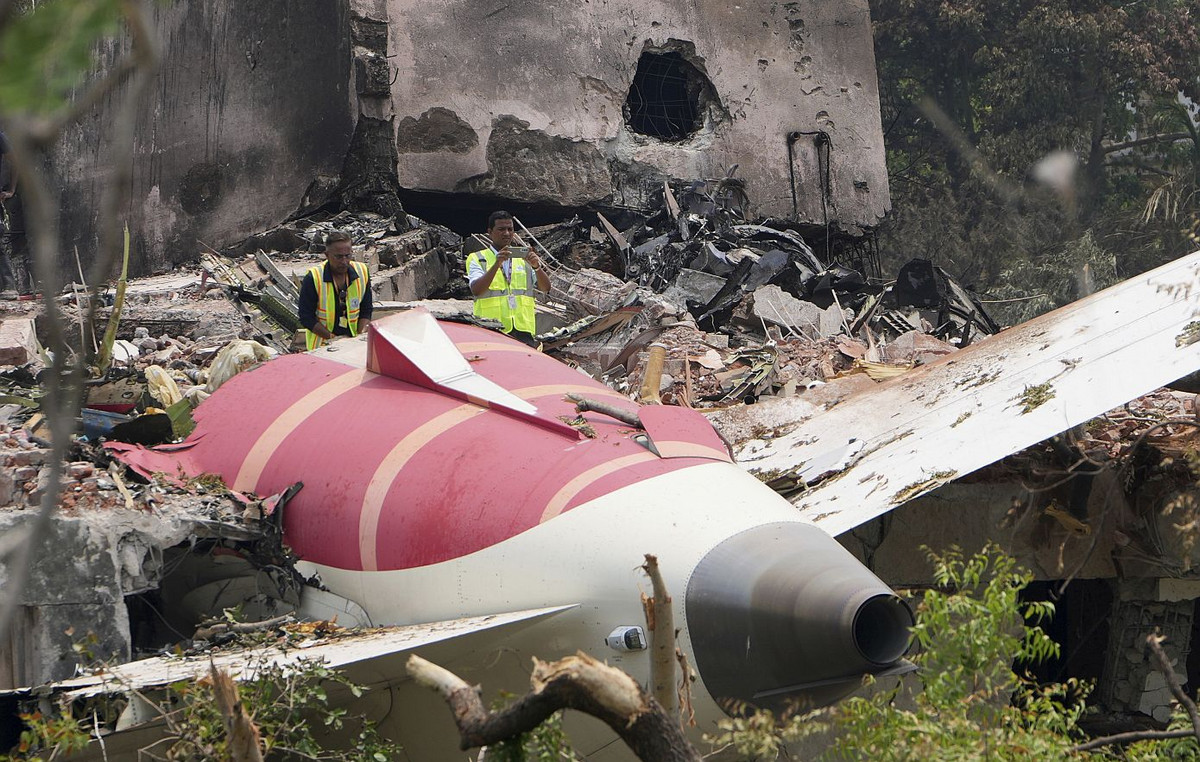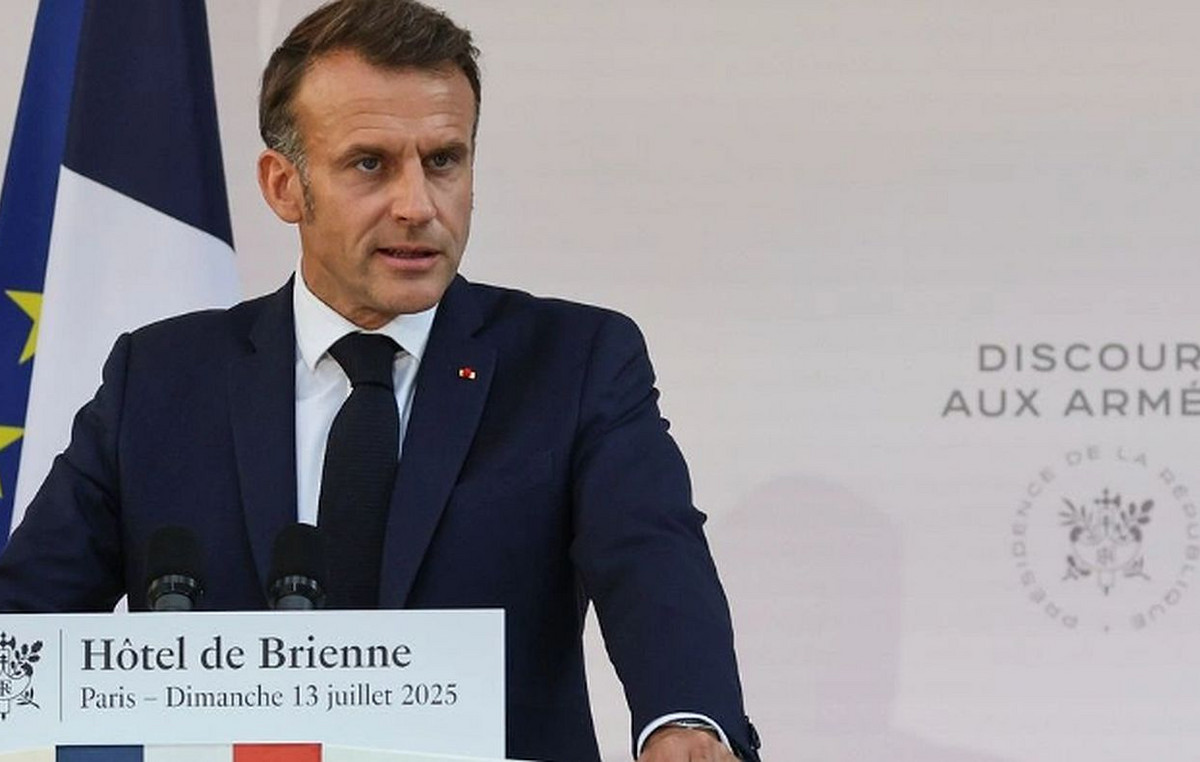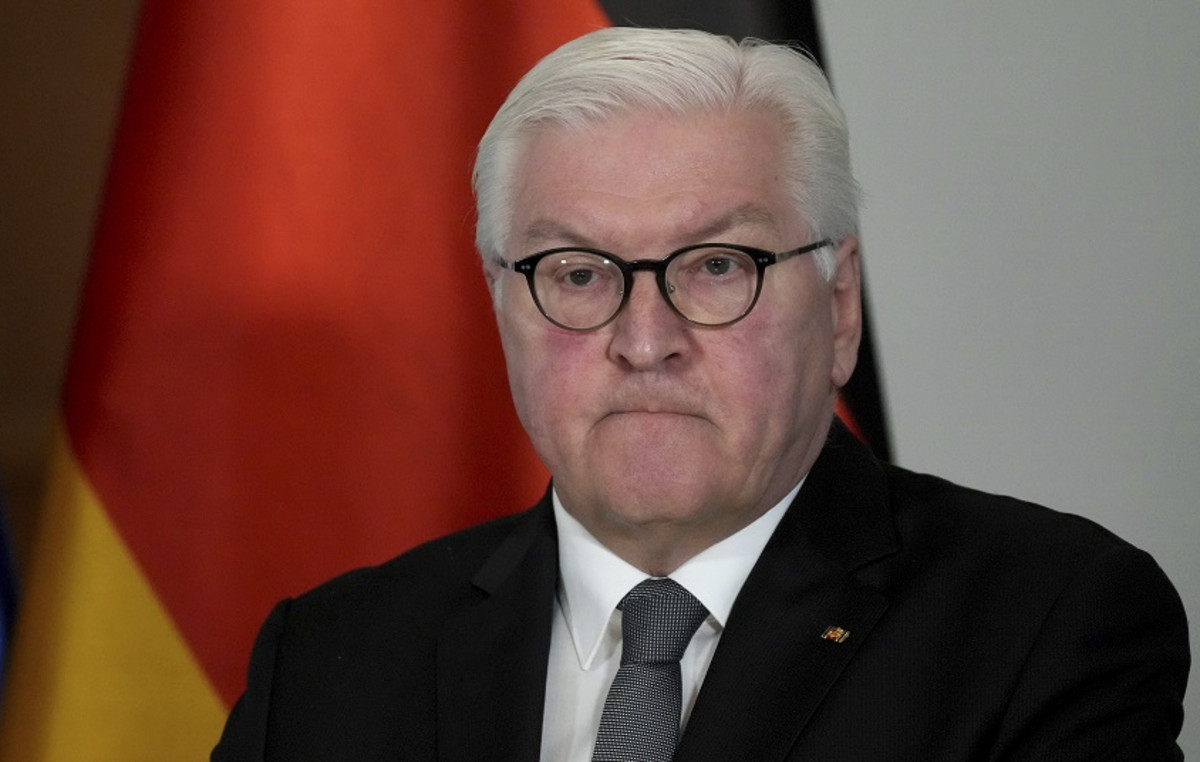Strong changes are recorded on Tuesday in the price of natural gas in Europe, at a time when the record cost of this resource burdens the economic prospects of the continent, with winter approaching.
The pan-continental benchmark contract was earlier up more than 5% before retreating 1.9% to regain the upper hand, closing at an all-time high on Monday. Prices are seven times higher than in the same period last year.
Russian state-owned giant Gazprom has announced it will halt gas flows on the Russian-German Nord Stream 1 pipeline for three days from August 31, sparking concern that it may cut off flows completely.
Lower or no flows would seriously jeopardize Europe’s effort to fill its storage spaces before the cold winter months.
Volatility in the field has roiled global markets, with prices soaring in both Asia and the US amid a scramble for gas supplies.
In Europe, a disruption in flows would exacerbate an energy crisis that has already been going on for months – driving up inflation, reducing industrial output and heightening the prospect of an economic recession. Notably, the euro is trading at a two-year low against the dollar.
Poland’s largest chemical industry, Grupa Azoty, has halted production of some of its key products and cut ammonia production due to record natural gas prices, it announced earlier.
The price of gas could reach 400 euros per megawatt hour if flows through Nord Stream stop in September, according to Leon Izbicki, natural gas analyst at Energy Aspects, who spoke to Bloomberg. “Current prices have a significant impact on industrial demand for gas in Europe, with our models indicating an annual decline in western Europe of 15% through 2022,” it said.
Output in France is shrinking for the first time in 18 months, following the path of Germany and the continent’s other major economies on record inflation and uncertainty caused by the development of Russia’s war against Ukraine. A recession in the 19-member eurozone is now more likely to happen than to be avoided, according to the average estimate of analysts in a Bloomberg survey.
The Prime Minister of Belgium, Alexander De Crook, even emphasized that the energy situation in Europe will remain critical for years, estimating that “the next 5 to 10 winters will be difficult”.
The benchmark for Europe, Dutch natural gas contract for September delivery, it strengthened at 11.39 Greek time by 0.436%, to 277.955.
Source: Capital
I am Sophia william, author of World Stock Market. I have a degree in journalism from the University of Missouri and I have worked as a reporter for several news websites. I have a passion for writing and informing people about the latest news and events happening in the world. I strive to be accurate and unbiased in my reporting, and I hope to provide readers with valuable information that they can use to make informed decisions.

